Corona and the latest border clash in Ladakh’s Galwan valley are the latest two reasons for Indians to hate China. Unfortunately, hate is a negative sentiment often seen amongst the weak. It won’t help us to take on China in a more meaningful way.
However, like many other issues, I’ve no doubt that China has much to answer for over both these disputes and more. But hating China is a waste of energy since it merely prevents us from thinking right in planning our response to their provocation. In Gautam Buddha’s words, hate is more damaging for you than someone you hate. Hate weighs one down. Military conflict is a matter that will be resolved by our government and the armed forces. Leave it to them. Experts in the military strategies may advise the government but not politicians in the opposition and the common citizens.
Let us first consider the coronavirus pandemic. It is still worrying not just us but almost all nations in the world. The anti-China sentiment is worldwide. Unfortunately, except Vaccine, there is no other solution to effectively eliminate this Chinese monster. Was corona spread a deliberate action by China? No one will probably be able to find that out since universities in the US, using huge illegal Chinese funding, were conducting research in such viruses. Wuhan lab and Harvard University have been having close cooperation.
From China’s initial response and also it's withholding of information, it is clear that China is using conspiracy theories to officially blame the US military for the outbreak. We don’t know how this will end but one thing is certain; China’s largely export-based economy will get hurt badly when its exports get a major hit since the easiest way for any country to take on China is to reduce Chinese imports to a minimum.
This new virus, ‘Hate China’, is more dangerous than the Corona. It is also spreading worldwide. This hatred may end up finally into a global economic crisis including in China. However, hate helps none. Strong human feelings like hate and jealousy merely poison one’s spirit. So we must be careful in not getting engulfed in hate but work on a well-defined strategy to take on China.
Let our dislike for China make us challenge it not just militarily but also economically and industrially. Burning Chinese goods won’t help us. Instead, we must learn from China in our efforts to become a strong manufacturing country. There is indeed a lot to learn. In any case, it is better for us to know China well, especially since it is a rival.
Probably the only sore point between India and China is their border. This border conflict of 1962 continues to be so for India since China is not agreeing to accept the McMahon line defining the India China Border, drawn by the British in 1914. China has not agreed to it even in 1914. So it is over century-old dispute.
This McMahon line passes through the Himalayan Mountains along the borders of Tibet and Aksai Chin. While both the governments have agreed to resolve it through negotiations, both have their armies facing each other along the entire border, often clashing with each other. Will these border clashes turn into a full-scale war? Probably not, since both the countries cannot afford to fight a war.
China’s economy is still largely export-dependent and war of any kind will certainly hurt it because today almost entire world despises the Chinese Government. Thinking of a war with India will turn the entire world against it, excepting of course, Pakistan. Border conflicts are thus not a good enough reason for China to indulge in a war.
Knowing China
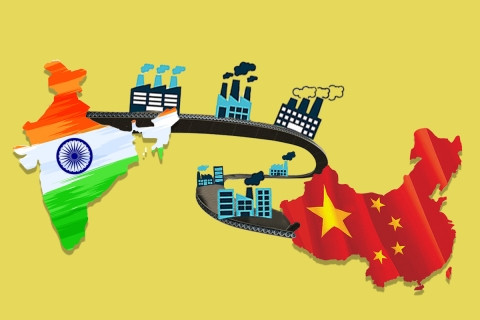 As the factory of the world, the main strength of China is its social discipline, even if it has been imposed. However, now social discipline is a habit for the Chinese! We need to have that inculcated in our people and our workforce. Vinoba Bhave has extensively written about the need and benefits of social discipline.
As the factory of the world, the main strength of China is its social discipline, even if it has been imposed. However, now social discipline is a habit for the Chinese! We need to have that inculcated in our people and our workforce. Vinoba Bhave has extensively written about the need and benefits of social discipline.
Dislike for China however can help us make India a more united country focussed on taking China on. The only way for us to counter China is to become a strong manufacturing country and be a world supplier.
China’s second basic strength is its literate, disciplined and skilful workforce. China has an almost 100% literacy rate. For us to compete with China and become another factory for the world, we all need to work hard and smart and be focussed and disciplined.
The core of manufacturing is the teamwork of knowledgeable engineers with good engineering skills and the workers with the hands-on capabilities to produce a fault-free, high-quality product that pleases both. Let our will to compete with China be reflected in our shop floors efficiency.
One hurdle for India to compete with China is dealing with our highly politicised and high handed labour unions. Indian factory workers are often controlled more by the labour union than the employer or company management. Strikes often are bargaining tools with no reference to their work productivity or the financial status of the company.
In China, strikes are extremely rare. China protects its workers based on a pro-worker labour law enacted in 1994. Jobs are not permanent in China and employment depends on orders for products and skills needed. There is no permanency of employment like in India. The law however prevents exploitation of workers while giving rights to management to enforce floor discipline.
Problem with some Indian managers however is they often consider helper grade employees as servants which they are not. Wisdom is to help them to enhance their skills. Education in India is expensive and often useless. As a result, managements often find brilliant workmen who, with experience, turn out to be first-rate engineers with remarkable skills. Many also often find diploma holders are smarter than graduate engineers. Managements should recognise that their shop floor is a better place to teach engineering than the Indian engineering colleges.
India now has Pakistan under effective control, both diplomatically as well as militarily. It was rather easy, but in case of China, it is more challenging. China, in many ways, is much stronger than India, economically, militarily and technologically.
Fortunately, wars are not won on the basis of military might. Let us recollect the Sino-Vietnamese decade long border conflict from 1979 to 1990. Mighty China was finally defeated by the tiny Vietnam. It was a crucible in which the modern PLA was born and reformed. Vietnam also defeated the mighty USA in an equally prolonged war.
How is China of today?
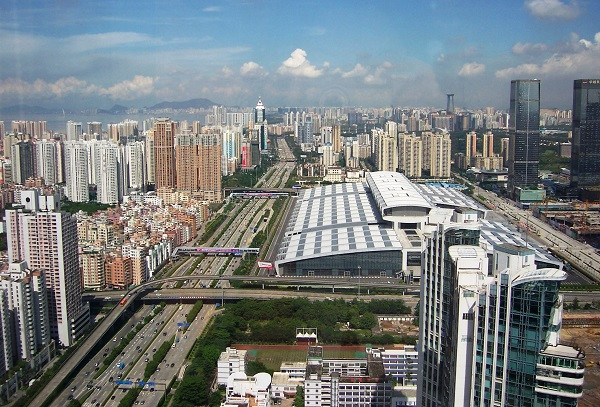 In every respect, China is today much ahead of most countries in the world. This miracle has happened in about 40 years when it began as a poor devastated country. These days we are building our high ways but China presently has the world’s largest network of 6 to 8 lane elevated expressways.
In every respect, China is today much ahead of most countries in the world. This miracle has happened in about 40 years when it began as a poor devastated country. These days we are building our high ways but China presently has the world’s largest network of 6 to 8 lane elevated expressways.
In general, its entire population is well housed no matter where you go. There are no slums for them to deal with. There are homes for the very rich as well as very poor. China’s middle-class population is the highest in the world with a huge buying power.
Our train services are fast improving since the change of government in 2004. But China’s superfast express trains are a class by themselves; not seen elsewhere in the world. It is the fastest transit system, both for goods and the people. Train stations are modern in the outfit and built for user convenience.
Infrastructure in China is of high quality with speedy transport. Roads even in small towns are 4 to 6 lanes wide with sidewalks with bordering trees. Everything is so well maintained that it looks brand new.
90% Chinese population is of Han Chinese. Chinese people are a healthy lot. Racially they are slim and quick on foot. Many indulge in athletics. Look at Chinese performance in International events. At the beginning of the 2008 Beijing Olympics, China decided to win the highest number of medals and towards that goal started systematically to groom talents in 2002! Thanks to Mao, all Chinese speak one language, Mandarin.
China now is almost a cashless society. “Wechat” is China’s ‘What’s up’. It is the most popular pay network for every transaction. E-commerce is widespread and probably the world’s largest. Taobao is the largest online shopping site. One may not believe but Alibaba offers on its site anything big or small, even the manufacturing plants! Online shopping is extremely common.
Chinese people are speedy in their work unlike most of the Indians. One has to watch and admire Chinese boys and girls on the factory shop floor. Some time ago, a message on WhatsApp went viral showing how speedily a desk clerk counts currency notes.
The Internet in China is almost completely domestic. Google, Facebook, Twitter and many others are banned. They have their own equivalents. That keeps the US out of China unlike in India and other countries. China, therefore, has no internet-related issues as we have with America.
The world’s first SEZ was started in Taiwan. For China, Deng Shao Ping, in 1984, started one in Shenzhen. Today Shenzhen has grown from a small village to be a major electronic and general engineering industrial and commercial city.
65% of the industrial output of China is from its strong SME sector. China has many venture capital companies that finance entrepreneurs and small scale industries. Most state government finance entrepreneurs.
The markets are full of engineering material, electronic and electrical parts, metals in all forms and this helps entrepreneurs and SMEs to be innovative experimenters. Since the last three years, the Chinese take the maximum number of international patents in the world.
 China’s governance is efficient. The Chinese cities are green and clean almost as a rule. Gardens, roads, bus and train stations are clean, well-furnished and carefully maintained.
China’s governance is efficient. The Chinese cities are green and clean almost as a rule. Gardens, roads, bus and train stations are clean, well-furnished and carefully maintained.
In the last few years Chinese are leading in innovation too. If one visits any Chinese industrial exhibition one would see a large area where small entrepreneurs present their innovative products. They make presentations to get funding for getting into the business. This number is ever increasing. Easy availability of all sorts of materials and components keeps these innovative efforts spiralling year after year.
Universities of Peking, Tsinghua, Fudan, Renmin, Shanghai University of Finance, as well as Zhejiang and Xiamen Universities, are widely reputed. These Chinese universities and their campuses are comparable or better than those in the US and UK.
Many universities have their own companies called Shao bans that are involved in R&D and they work with small scale industries around them. Their labs are well equipped and most of the faculty is involved in research and development activity besides academic work. Most Chinese Universities are residential. Students live in hostels. One gets a reminder of Yale or Cambridge Universities. The atmosphere is highly academic and provocative for learning excellence. Army training is compulsory in all Chinese Universities.
We may hate China and some even hate Chinese people however common Chinese have no anger towards India. They even have some admiration because Buddha came from India. Many Chinese do not know anything about the 1962 Border War. Unlike us, they are away from politics because they do not have democracy. Common Chinese are happy with the life of comfort they have in China due to its first rate civic infrastructure.
- P. S. Deodhar
psdeodhar@aplab.com
(The author, an entrepreneur and former Chairman, Electronics Commission, Government of India, was Advisor (Electronics) to Rajiv Gandhi. He has also written a book on India-China relations, 'Cinasthana Today - Viewing China from India'.)
Tags: P S Deodhar China Galwan Valley Corona India War India and China Load More Tags

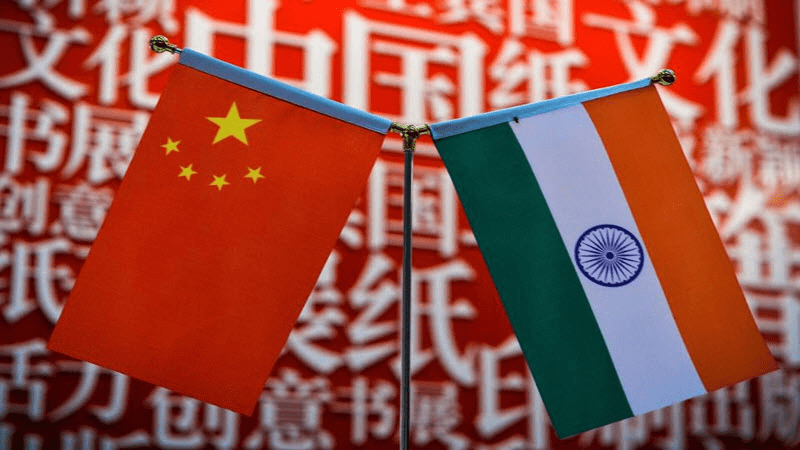


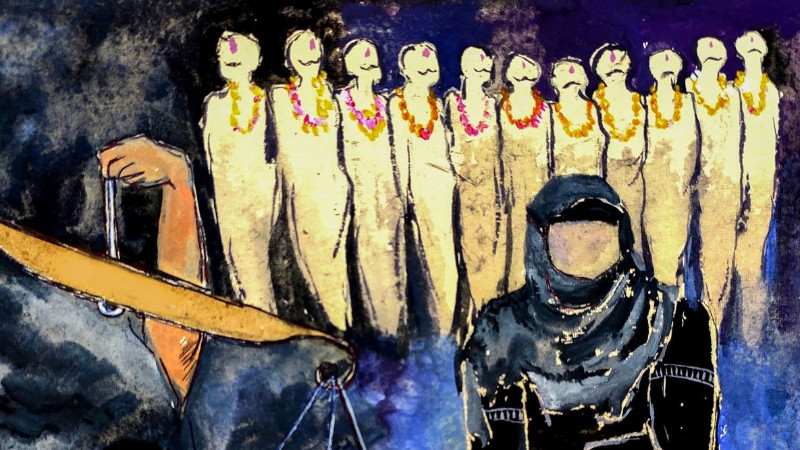

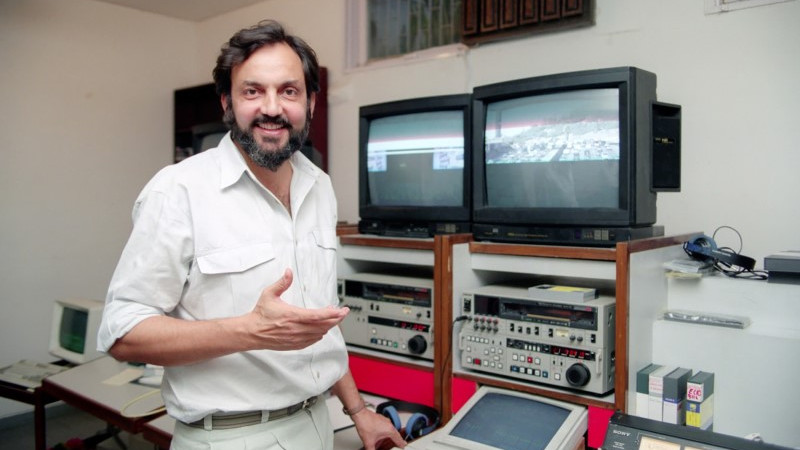
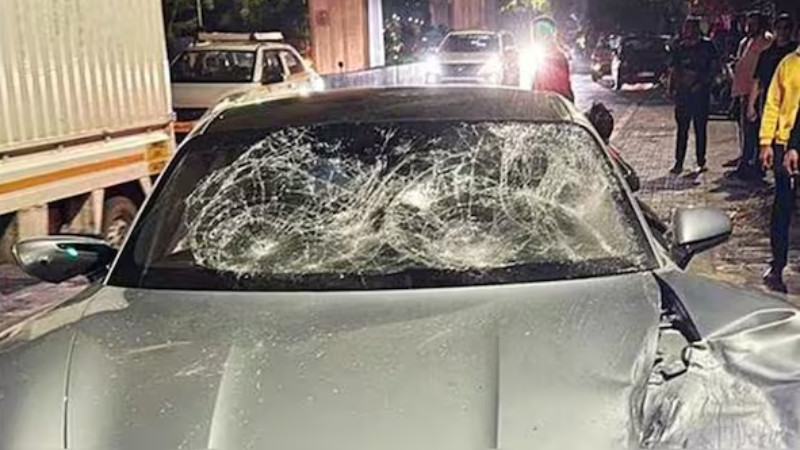
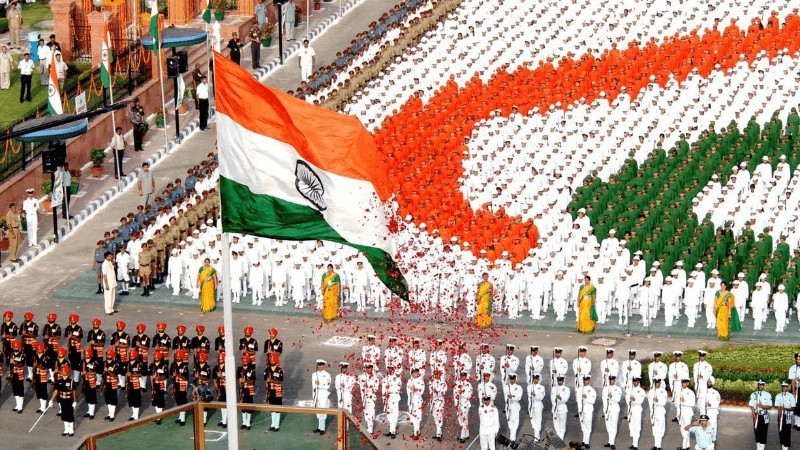
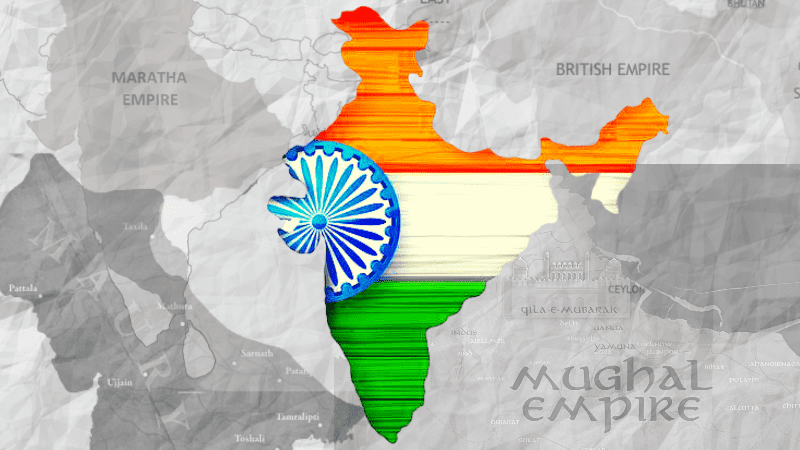


























Add Comment